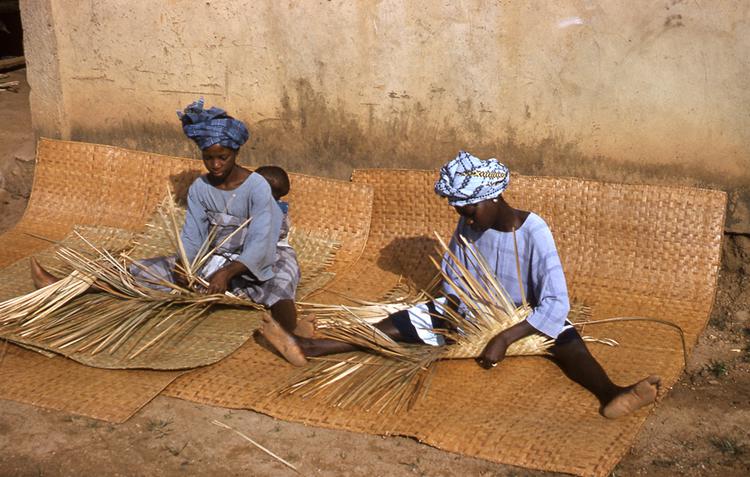
Community Commentary by Ajetunmobi within research project: 'Rethinking Relationships and Building Trust around African Collections' 2021
Mat weaving is a common craft among many women and children across various ethnic groups in Nigeria. Mat weaving is commonly done by using the hand. The process of mat weaving starts with identification and harvest of pliable materials like reed, oak, hickory and willow. Pliable materials are taken fresh from the farm and moved to a convenience where weaver can sit and start hand weaving. Reed is easily available and its large presence in Badagry, Oke Ogun region, Oyo and other parts of Yoruba land has helped the people to learn the craft.
Mats can come in different varieties and colours. The weaver must ensure that the reed is dyed before weaving if s/he wants the colour to change. Mat weaving is considered women’s job in most Yoruba land just as calabash making considered men’s craft. The usefulness of mat ensures that mat weavers constantly earn from their works



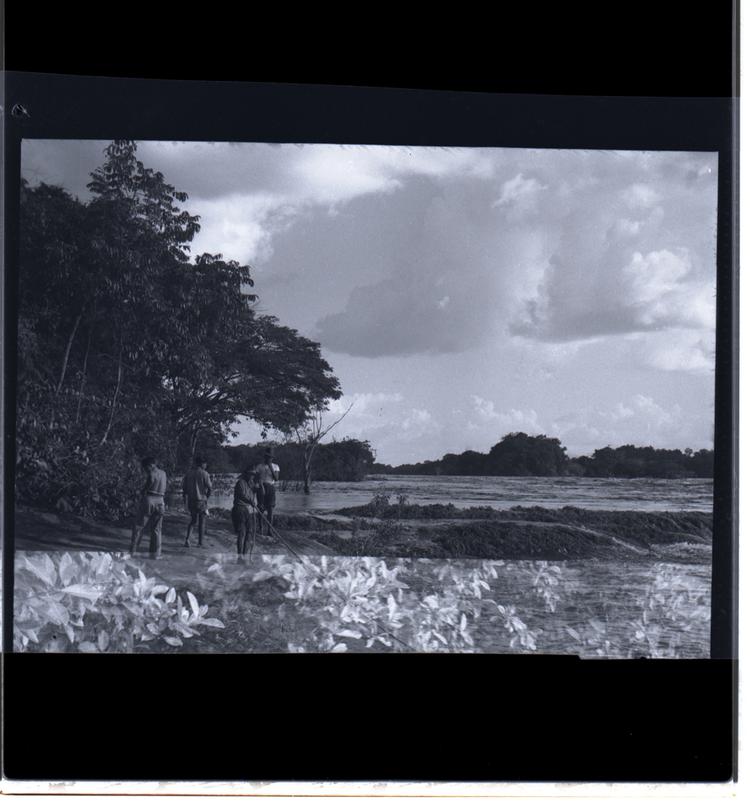

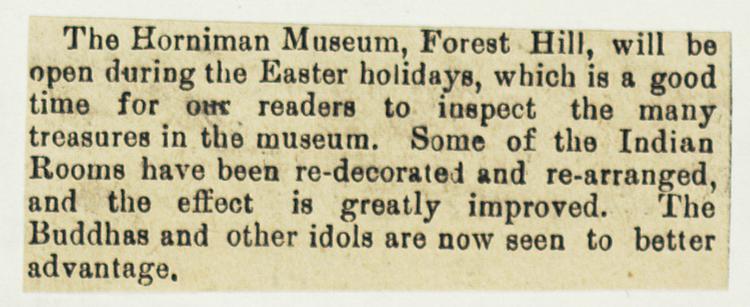
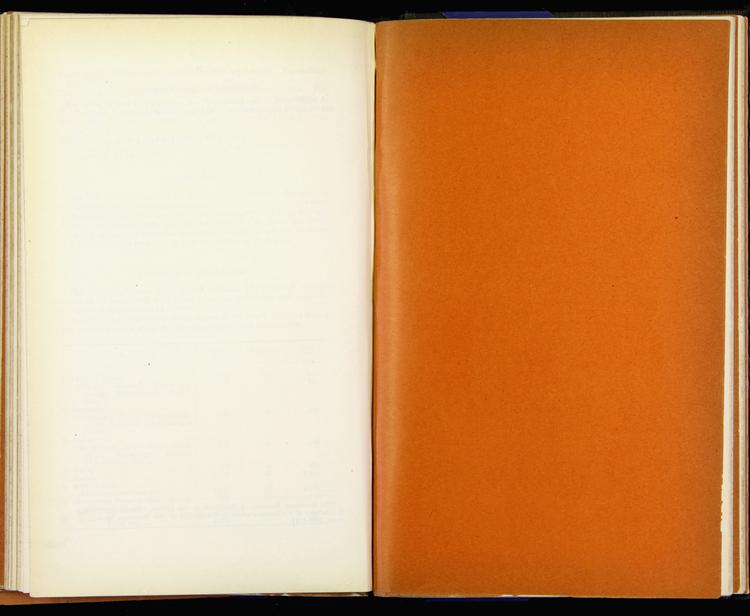










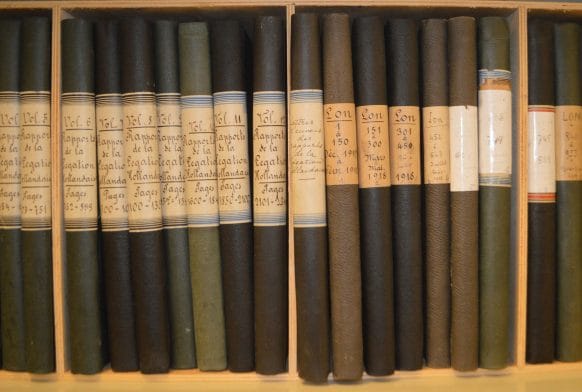





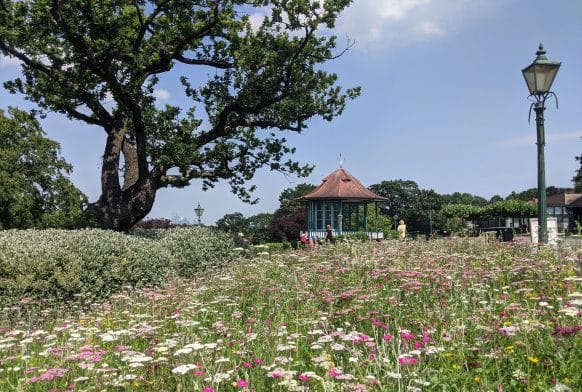

































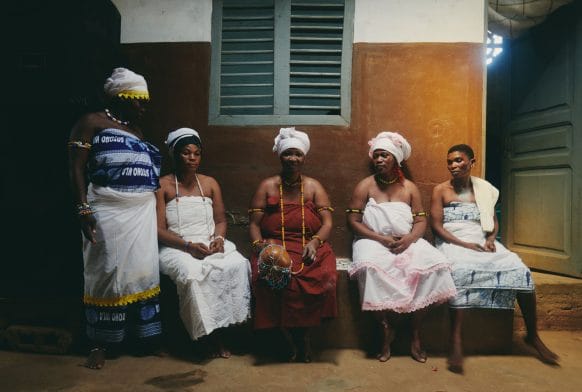






























































































































































































































































































































































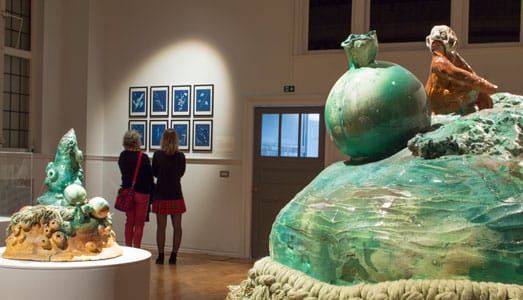





































































































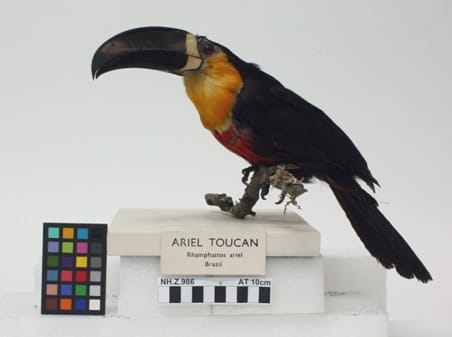




Community Commentary